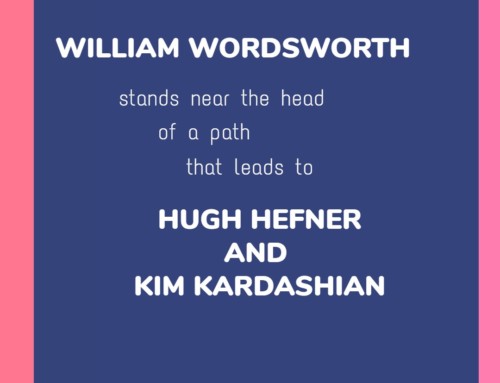It was just a random video I ran across, a professor with the Canadian “aboot” in his speech, telling an interviewer about a few months of hanging on to his job while fighting accusations of hate speech.
Who is this guy? He seems pretty soft-spoken and unhateful to me.
Turns out it was Jordan Peterson, and a lot of people have stumbled across his videos lately, leading them to his runaway-selling book, 12 Rules for Life: An Antidote to Chaos.
People either love him or they clutch their pearls, er, um, hemp necklaces over something he’s “said.” Myself, I’m a fan. I catch myself thinking I have always believed that or Aha! That’s where I went wrong or Yeah, I figured out the same thing lately.
Said one skeptic I know, “I have little use for the pop psych kind of guys.”
Good point. But it’s hard to ignore that Peterson maintained a clinical practice for twenty-some years, as well as teaching at Harvard and the University of Toronto.
What so special about his book? say other skeptics. As Caitlyn Flanagan writes in The Atlantic:
“The book became the occasion for vicious profiles and editorials, but it was difficult to attack the work on ideological grounds, because it was an apolitical self-help book that was at once more literary and more helpful than most, and that was moreover a commercial success. All of this frustrated the critics. It’s just common sense! they would say, in one arch way or another, and that in itself was telling: Why were they so angry about common sense?”
I wouldn’t knock someone’s list of rules. As life speeds along, and I struggle to think of what I might tell my grandkids about etiquette, or life skills, or what to look for in a mate, I can either try to remember it all myself, or I can summon somebody’s memory-jogging list.
So, what are Peterson’s rules? Here’s a sample:
— Treat yourself like someone you are responsible for helping.
— Compare yourself to who you were yesterday, not to who someone else is today.
— Do not let your children do anything that makes you dislike them.
— Be precise in your speech.
My agreement rate with Peterson’s ideas runs to about 90%. He’s a comparative literature kind of guy, meaning he draws from archetypes found in mythology, sacred texts, biography, philosophy. I myself could never gather any life lessons from, say, mythology. Those people pluck out their eyeballs when things go wrong. Not exactly the prescription for how to get through my week.
The conclusion Peterson draws from all these sources is: Life is suffering. But the ideal life, the meaningful life, occupies the sweet spot right between chaos and order. Too much order and you never grow. Too much chaos, and all is misery. After all, somebody has got to buy the groceries. Heck, somebody has got to stock the grocery shelves.
Those of us who know Peterson’s stuff can spot the critics who haven’t done their homework. All their sputtering actually entertains us.
Photo credit: Daniel Kulinski on Visualhunt /CC BY-NC-SA







Leave A Comment